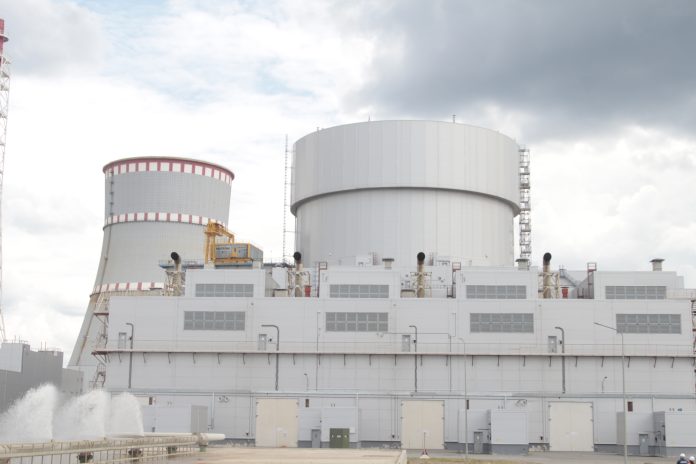A report by Ralph Schoellhammer, a nuclear power advocate and senior lecturer in political science at Webster University, Vienna, has suggested that European Union is not serious about the goals of Net Zero.
The report noted that without nuclear power being a major part of the energy mix going forward, EU officials are knowingly promoting an unachievable goal.
“Without nuclear energy, there will be no decarbonisation of electricity production – unless we are willing to accept big cuts in living standards. Fukushima and Chernobyl do not provide evidence for abandoning nuclear power. On the contrary, a closer look at both incidents shows that nuclear power is much safer than many available alternatives. Nuclear waste is not a problem. There is no documented case of a single person being harmed, much less killed, by nuclear waste.
“After the energy crisis of 2022, public opinion in most Western nations has switched from opposing to supporting nuclear energy,’’ said portion of the report sighted by energynewsafrica.com.
Commenting on the report, Frank Furedi, Executive Director at MCC Brussels, said: “The facts are there and without dispute – European energy policy is on the road to nowhere without nuclear. If elites continue in this fashion, European voters should question if Net Zero really is a fundamental goal, is just environmental window dressing, or, worst of all, hides other motivations for EU bureaucrats.”
The new report released today by the think tank MCC Brussels warns that neither energy independence nor any meaningful decarbonisation be reached without a renaissance of nuclear energy – that is unless one would be willing to accept massive declines in prosperity and living standards.
Although it cannot be ruled out that the most zealous environmentalists would be willing to accept this proposition, it is unlikely to be popular with most voters in industrialised countries.
Ralph Schoellhammer, the report’s author, is a senior lecturer in political science at Webster University Vienna.
Commenting on the release of his paper, he said: “It often escapes our attention that energy is the only universal currency. Nothing can be done without it, and any society’s living standards are defined by the amount of energy an individual gets to use. Western Europeans are wealthy because we use the energy equivalent of 14 barrels of oil per capita, and Africa is poor because they only have access to 3 barrels per capita. An energy policy that reduces the available amount can only result in lower living standards.”
“Nuclear energy is one of the most efficient and reliable ways to produce energy and can thereby ensure the prosperity of millions around the globe – but only if we overcome the political obstacles to use it. It is heartening to see that several European countries led by France have finally realised this and are forming an alliance for a nuclear renaissance.”
Despite the EU’s weakness for anti-nuclear propaganda (like the supposed problem of nuclear waste), the report finds it encouraging to see that a group of European nations led by France, calling themselves the “Nuclear Alliance”, are actively promoting a renewed push for the use of nuclear energy in Europe.
While welcoming the Alliance, the report’s author warns that it will be an uphill battle unless all the issues mentioned in the report are addressed.
To name but a few:
- The proponents of nuclear power must compensate for decades of misinformation by the well-organised anti-nuclear movement.
- The entire regulatory framework surrounding nuclear energy needs to be overhauled to enable speedy and cost-efficient construction, thereby incentivising investments in the nuclear industry.
- Universities need to encourage the training and education of future nuclear engineers and research into advanced reactor designs.
Frank Furedi, Executive Director of MCC Brussels, concluded,” As Dr Schoellhammer’s paper notes, had the potential of nuclear fission been discovered yesterday, we would celebrate it as a world-saving miracle. Unfortunately, the circumstances that gave us access to nuclear power have tarnished almost all the positive aspects and led to a history of fears and smears, comingling the justified worries about nuclear weapons with the unjustified fear of nuclear power. Hopefully, this report can shed some light on this discussion and help create the conditions necessary for a nuclear renaissance in the future.”














